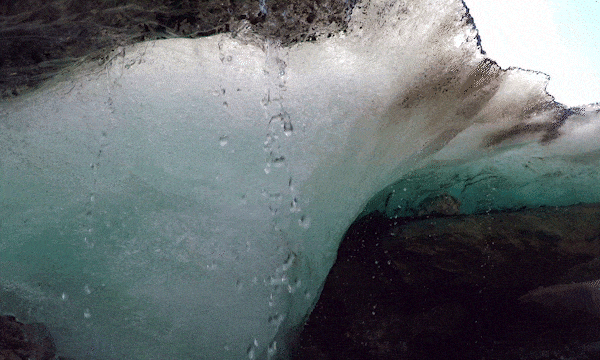
On thinning ice
A pair of Rochester historians are chronicling the history of the world’s glacial regions—and human responses to their rapid disappearance.

Amitav Ghosh: geopolitics are key to understanding the climate crisis
This year’s Distinguished Visiting Humanist says humanists have a vital role in reframing the climate crisis as rooted in history and culture as much as technology and economics.

Better models of atmospheric ‘detergent’ can help predict climate change
New research from Rochester scientist Lee Murray will aid in building more accurate computer models of the hydroxyl radical, an important ‘detergent of the atmosphere.’
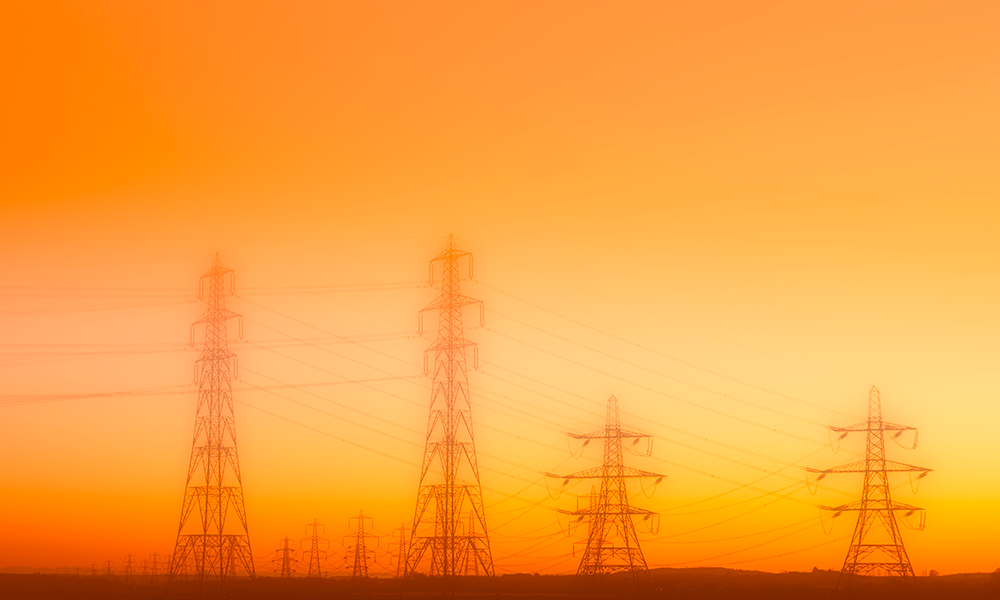
COVID-19 pandemic a ‘fire drill’ for climate change
Like infectious disease researchers, climate change scientists have warned for decades that we are unprepared. Rochester astrophysicist Adam Frank says, “It’s time to wake up.”
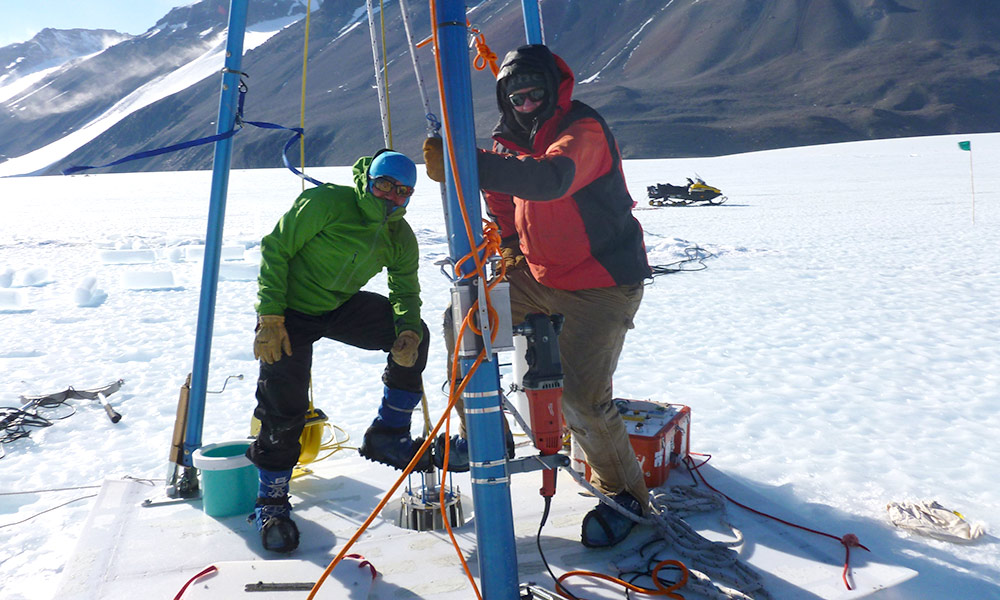
To combat climate change, human activities more important than natural feedbacks
Permafrost in the soil and methane hydrates deep in the ocean are large reservoirs of ancient carbon. But even if methane is released from these large natural stores, new Rochester data shows that the bigger concern is methane released from human activities.
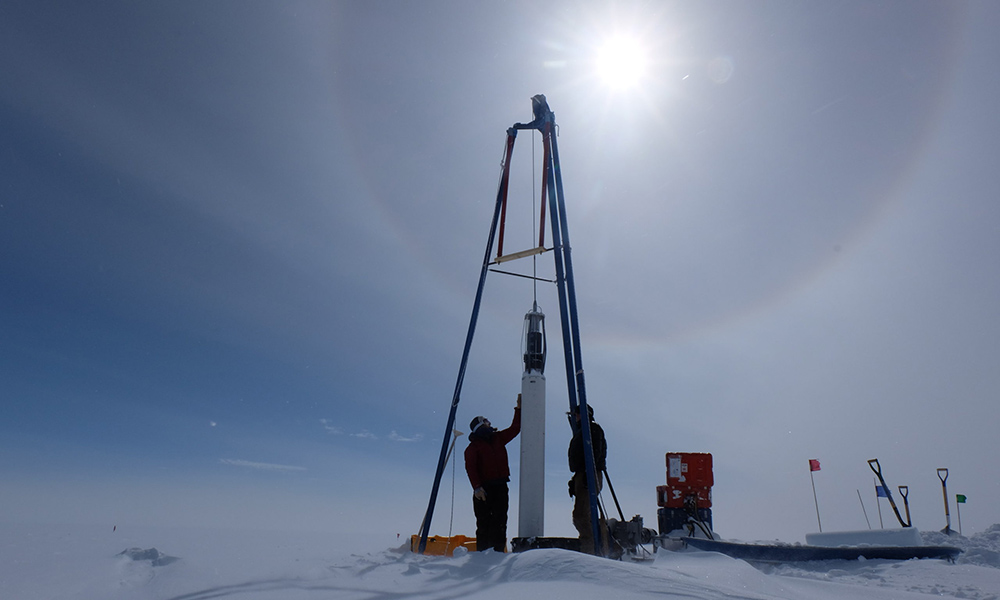
Methane emitted via human fossil fuel use ‘vastly underestimated’
Reducing emissions from human activities like fossil fuel extraction and use will have a greater impact on curbing future global warming than scientists previously thought, a new Rochester study suggests.
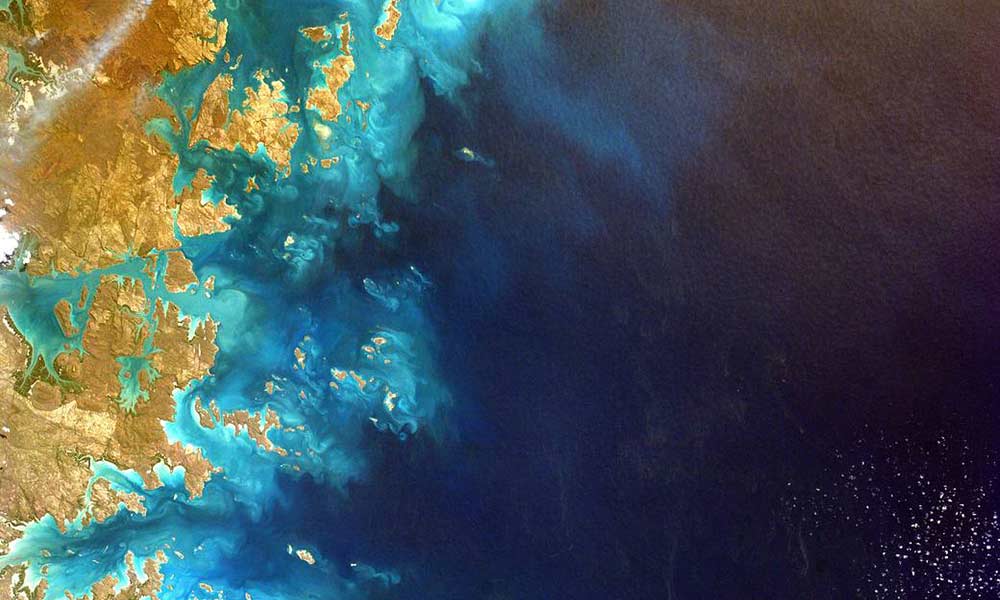
Using machine learning to understand climate change
In a vast ocean where direct observational data is scarce, Rochester researchers are using data science to understand how shallow coastal waters and deep oceans contribute to the methane found in the atmosphere.
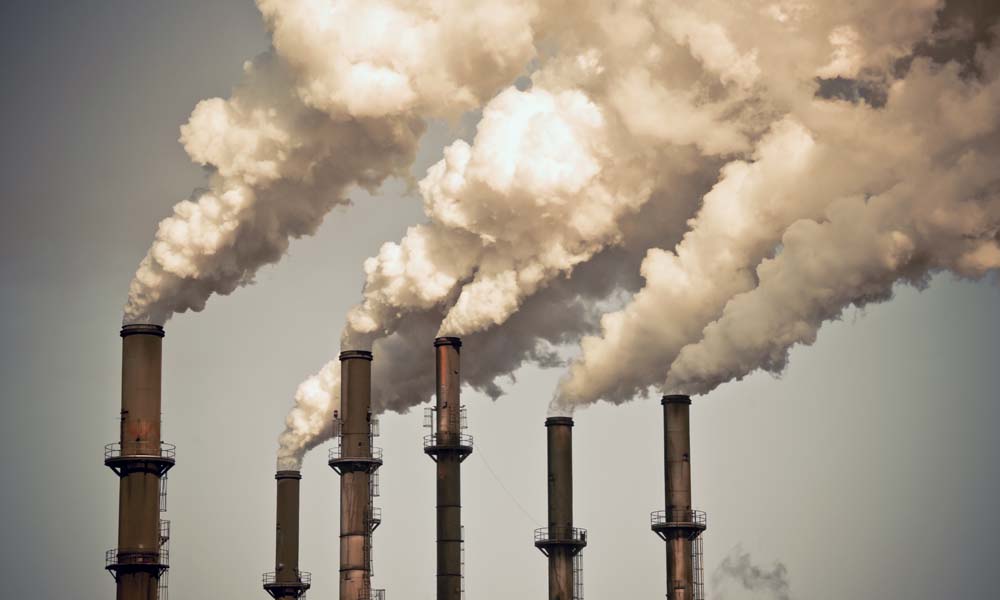
Ice core data confirms increased tropospheric ozone levels since industrialization
The findings suggest good news about the reliability of the computer models used to estimate and predict the changes in ground-level ozone.
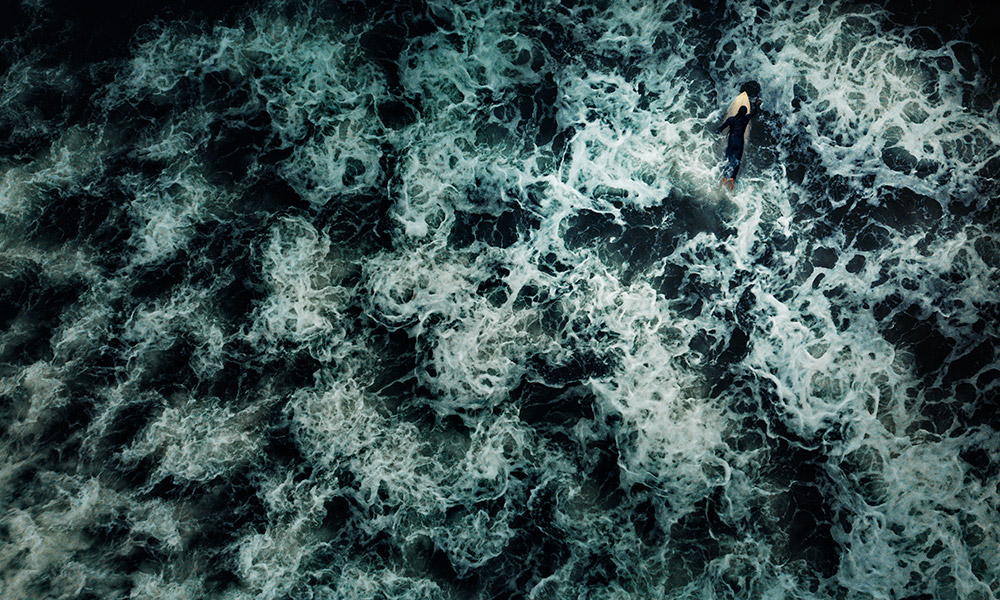
New view of how ocean ‘pumps’ impact climate change
A new Rochester study has found that factors such as wind, currents, and even small fish play a larger role in transferring carbon from the Earth’s atmosphere to the deep oceans than previously thought.
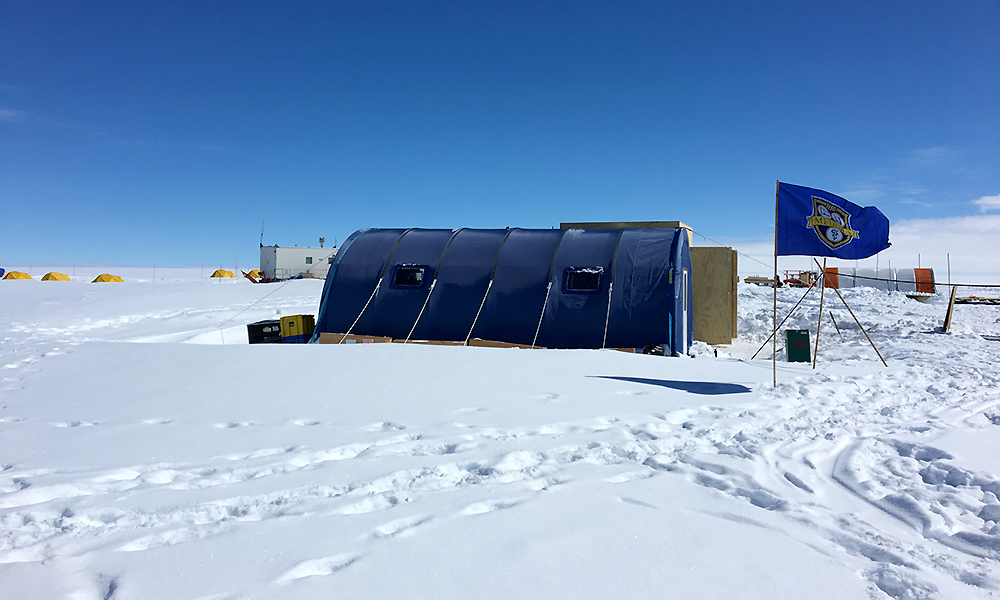
Unearthing climate clues buried in ice
The Meliora flag flies over the Law Dome research station in Antarctica, where Rochester scientists are battling some of the toughest field conditions ever in their effort to understand humans’ impact on climate.
